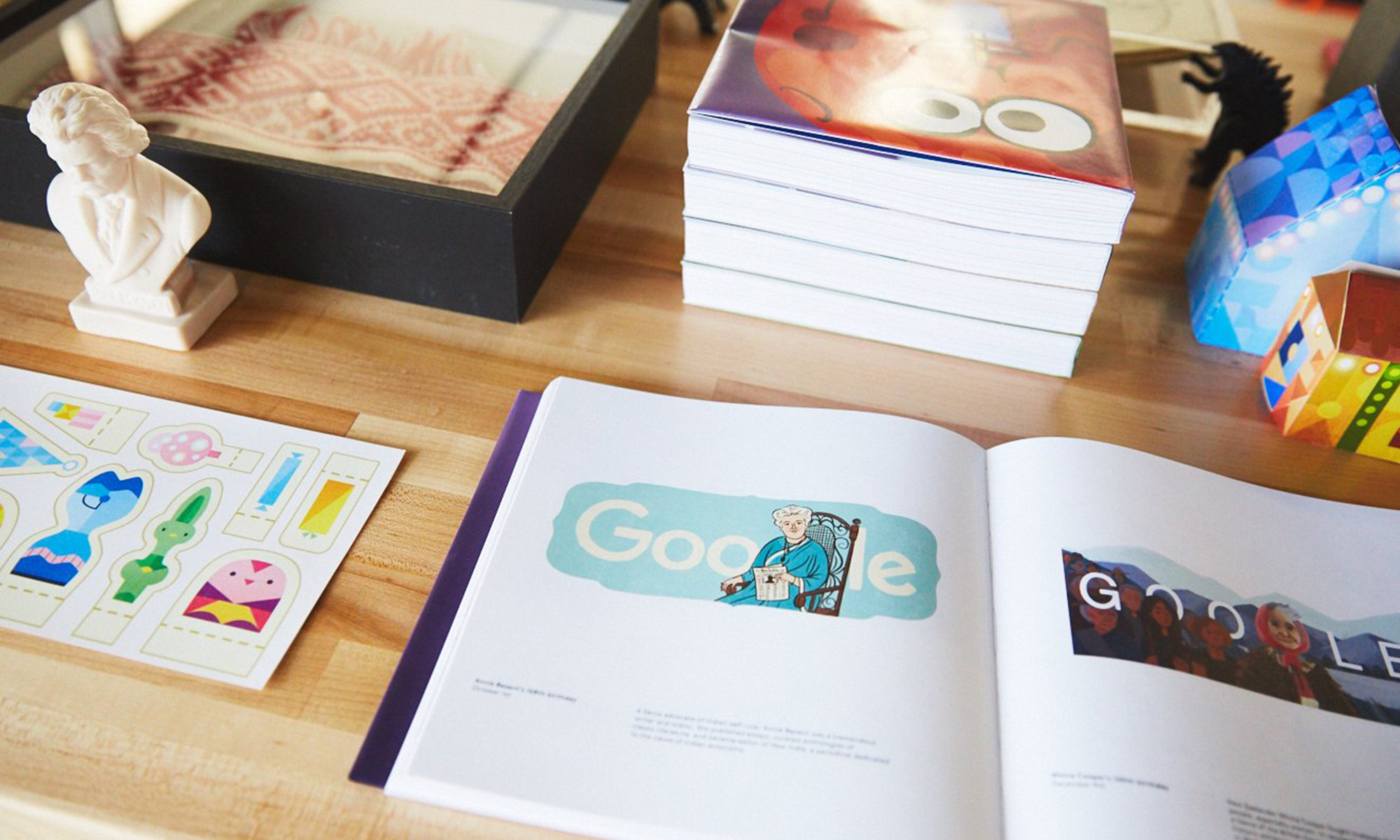The battle for the cloud just got a lot more interesting. Most people think of Google (GOOG 0.20%) as the company that runs YouTube, Gmail, and of course, search. However, the company just announced a price drop on the Google Drive service that should worry Amazon.com (AMZN +0.06%) and Microsoft (MSFT 0.06%). The question is, will Google's big bet on cloud storage drive profits?
1 TB for $9.99
Google already offered arguably the most compelling free cloud storage option for consumers. Drive offers 15 gigabytes of data storage for free. By comparison, Dropbox offers just 2 GB, Amazon offers 5 GB, and Microsoft offers 7 GB.
A few gigabytes of cloud storage is a great substitute for using a thumb drive, and the ability to share documents and files with anyone helps make the services popular as well. But now Google Drive is offering 1 terabyte of storage for $9.99 per month.
Each of these companies offer different reasons to use their services, but when we compare pricing past the free stuff, the competition isn't even close.
|
Company |
GB or TB of storage |
Effective price per GB per year |
|---|---|---|
|
Amazon |
50 GB |
$0.50 |
|
|
100 GB |
$0.24 |
|
Microsoft |
57 GB |
$0.44 |
(Source: Amazon Cloud Drive, Google Drive, and Microsoft OneDrive)
As you can see, Google offers a far better value than some of its largest competitors at the 50 GB to 100 GB level. At higher levels, Google Drive pulls even further away from its competition.
To get 1 TB from Amazon you have to pay $500 a year versus $120 from Google. If you give Microsoft $100 a year, you get 207 GB of storage, or you could pay $20 more and get almost five times the storage on Google Drive. This is a great deal for consumers, but why would Google offer this much?
Data = dollars
As Microsoft's recent "Scroogled" ad campaign points out, Google isn't opposed to searching customers' emails to find more targeted advertising opportunities. If Google can get millions of customers to use Google Drive, this just gives the company more information to mine for advertising opportunities. Google gets about 90% of its revenue from advertising. Anything that helps the company "drive" its main business forward is a significant event for Google investors.
Storage = sales
Amazon doesn't care what customers store in their Amazon Cloud, it just wants to make sure that users are engaged with the company's services. The majority of Amazon's revenue -- 63% in the most recent quarter -- was generated from the sale of electronics and general merchandise. Though the company is pushing into other areas, Amazon still is mainly a seller of goods.
Amazon investors should be very concerned about Google Drive's price drop. Both companies offer online music, video, and apps. The more customers use Google Drive, the more likely their purchases will be made from Google Play instead of Amazon. With Google's "other" business -- including Play -- growing revenue by 99% in the current quarter, this is the company's fastest-growing segment.
OneDrive = Office and Surface sales
Microsoft is leveraging its OneDrive service to try and improve sales of both its Office and Surface businesses. The company fired the first salvo in this cloud pricing war. Microsoft offers 200 GB of free OneDrive storage for two years to purchasers of the company's Surface 2 tablet.
In addition, Microsoft Office 365 users get 20 GB of additional OneDrive storage with their subscription. With Office generating billions in revenue for Microsoft, and Surface sales more than doubling in the last year, these two businesses are a big part of Microsoft's future.
Microsoft investors need to worry about the Google price drop. Google Docs represents a challenger to Microsoft Office, and there are millions more Android devices than Windows tablets. If customers can use Google Drive's storage at a cheaper rate than OneDrive, they may choose to use Google Docs instead of Office.
Final thoughts
Google is a serious competitor to Amazon and Microsoft already. With the price of Drive storage more affordable than ever, Google hopes millions of customers will decide to use the service for all of their storage needs.
If customers decide that Drive works for them, this could be an effective way for Google to drive higher profits from all of the additional data the company would collect. After all, more data equals better advertising, and that is the core of Google's competitive advantage.








